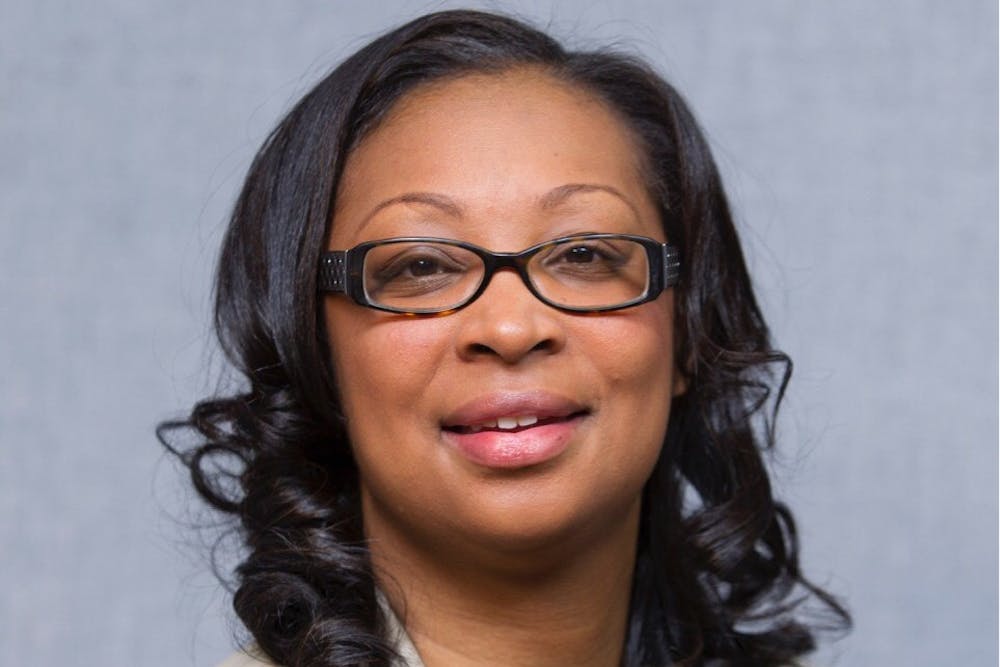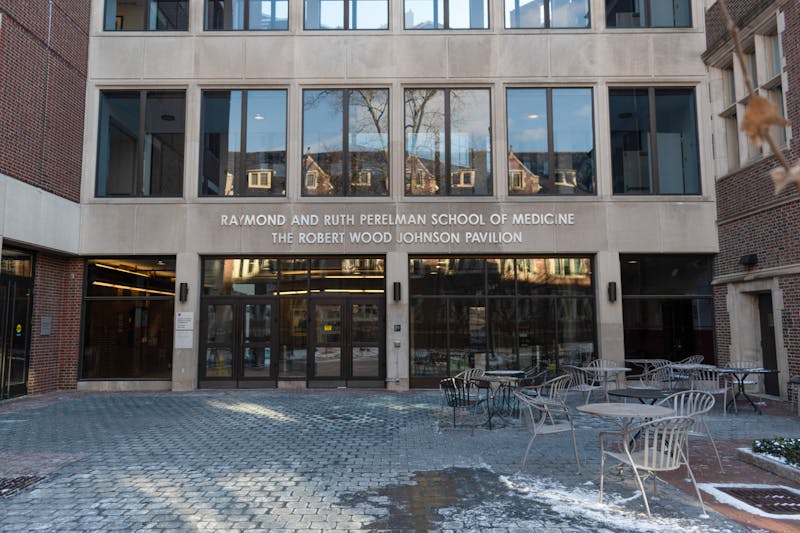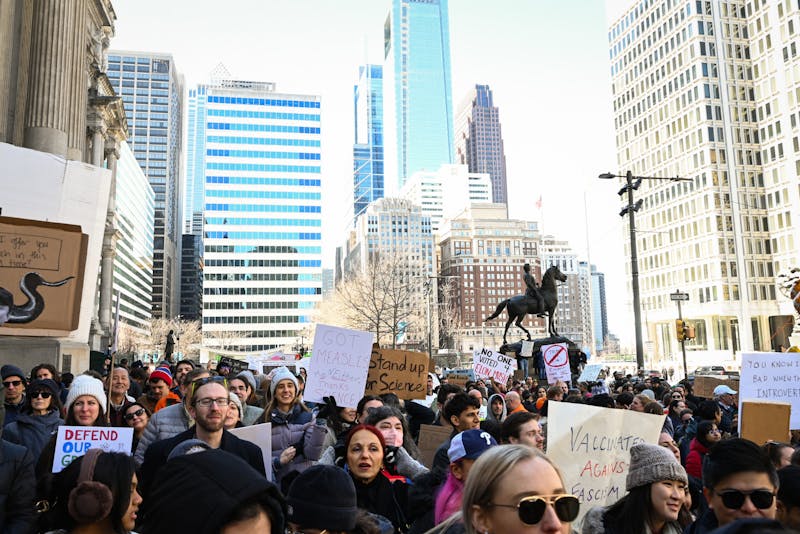
Desiree Peterkin Bell, a strategic planner and political strategist with nearly 20 years of experience currently has an appointment as guest lecturer at the Annenberg School for Communication.
Bell has worked with the likes of former New York City Mayor Michael Bloomberg, Sen. Cory Booker (D-N.J.) and former Philadelphia Mayor Michael Nutter. Peterkin Bell is the President and CEO of DPBell & Associates, a boutique public affairs firm. She was named one of PR Week's "40 under 40" recipients and one of The Philadelphia Tribune’s "Most Influential African American Women."
She sat down with The Daily Pennsylvanian to talk about some of her plans for the semester.
DP: Could you tell me a little bit about the trajectory of your career and what brought you to the Annenberg School for Communication?
Desiree Peterkin Bell: The trajectory of my career was not a straight arrow. It had many turns but I think my trajectory to public service was me realizing early on that I did not want to pursue a legal profession — I used to work at Skadden Arps and while Skadden is an amazing firm, I realized that corporate law wasn’t for me and I wanted to understand what systems were going to impact everyone whether you like it or not, and I realized that was government — politics. And so I had what I call a quarter-life crisis which is something I highly recommend to people. It’s when you’re in your early 20s and you don’t know what to do and you’re filled with so many options and I thought it was a scary thing but it’s also very empowering because it means I have tons of options. So I went back to school to get a Master’s in Public Policy and decided to make public service my passion which is something I should have learned a long time ago because my mother was in public service and so was my father.
DP: Could you tell us a little bit about the course you’re teaching this semester and some of the inspiration behind it?
DPB: The course is "Urban Communications." Before the presidential election, having worked in cities, I realized cities were the incubators of change so wherever change is happening, wherever diversity is happening, wherever controversy is happening, is in American cities and the story of American cities has changed significantly over time. We talk about that in the class: What is the state of urban communities and what is the state of cities today and how do they communicate? I think the impetus for the course was really a power and passion on working on a municipal level and seeing that mayors are really the ones who ware making change on a government side and the community leaders, businesses and colleges, etc. are also partners in making that change.
DP: Your course covers things like “fake news.” Why do you think that’s important for our generation to be aware of this?
DPB: This is the generation that has to discern what information is real and what information isn’t, and as the conveyors of that information it's important to figure out what you’re going to cover and what you’re not going to cover. I think we’re seeing that on a national level. We have a president who is calling major new organizations fake news simply because he disagrees with how they report and what they report. And there’s a distinction between what fake news is, which is not true, and real news that is to be delivered that may piss some people off.
DP: What are some things you worked on here in Philadelphia with Mayor Nutter?
DPB: I had two positions, one salary. I was both the city representative — managing branding, marketing and representing the mayor nationally, regionally and locally and all other duties as assigned — and director of communications. This meant creating events like Made In America, working closely with Jay Z's team to bring that here, and Forbes to help create the first Forbes "30 Under 30" conference and to recreate how the city of brotherly love and sisterly affection celebrated the Fourth of July where we had The Roots become our house band. And then on the communications side, I wrote the first ever social media policy for the city with the law department and a number of other city agencies which lead us to be recognized as the seventh most social media savvy city in the country and being the first line of defense in proactive communications.
DP: In the future, what do you see yourself teaching here at Penn?
DPB: Everything! In the future, I’d like to teach a course about politics, urban communities and diversity. I think we’re seeing that cities are becoming more diverse and so the resources that are available to cities and people in cities and the question is how is that happening and how does that need to happen. I’m interested in black women and media because I think black women have had their stories taken away from them and have not until most recently had an opportunity to define their own narratives. And their voices are powerful, and there’s no reason why we can’t talk about that every single day.
This interview has been lightly edited for length and clarity.
The Daily Pennsylvanian is an independent, student-run newspaper. Please consider making a donation to support the coverage that shapes the University. Your generosity ensures a future of strong journalism at Penn.
Donate






